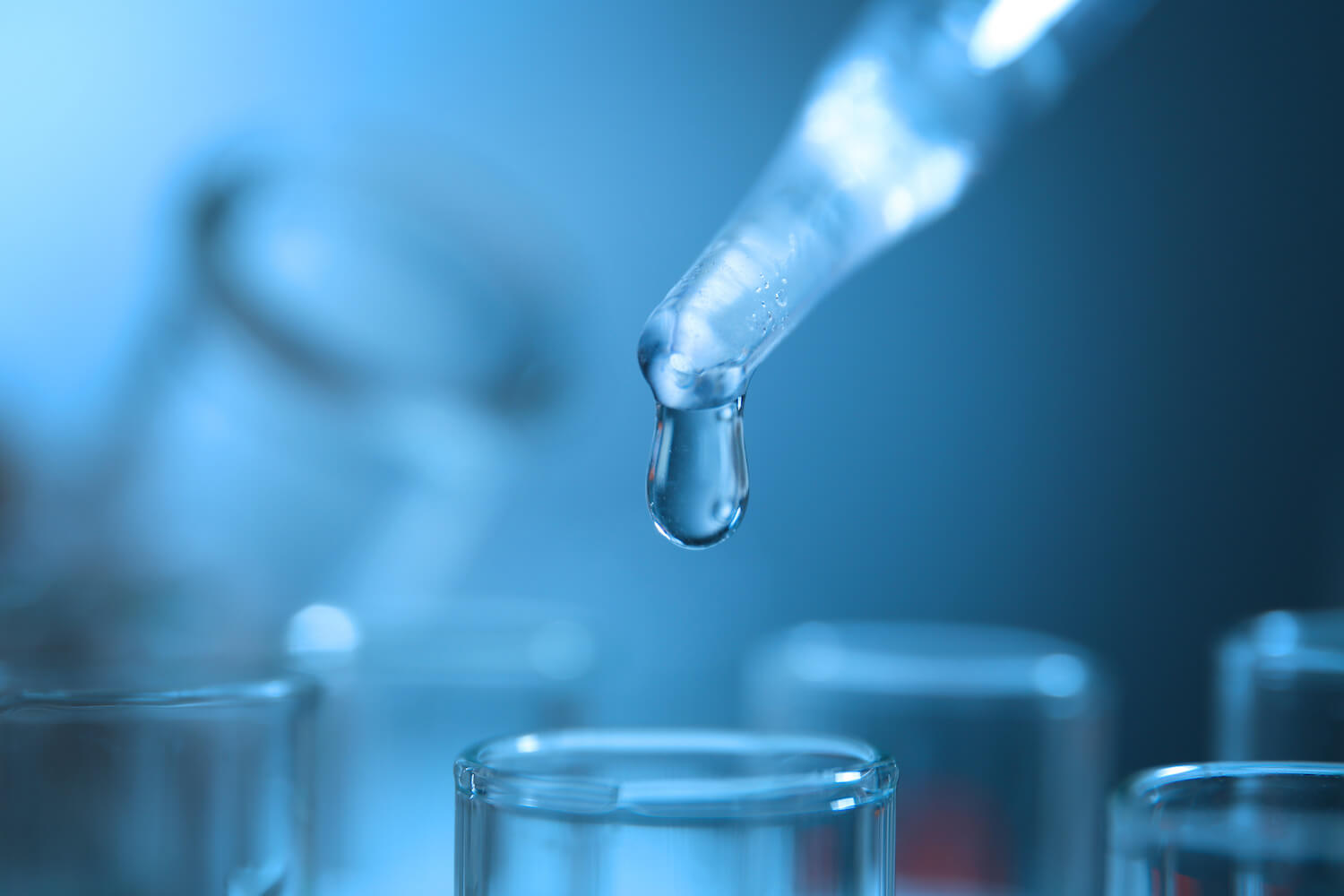ISO 7899-2 Enterococci Testing in Drinking Water
The ISO 7899-2 standard is a comprehensive framework designed to ensure the quality and safety of drinking water by detecting enterococci, which are bacteria that can indicate fecal contamination. This test is crucial in maintaining public health and ensuring compliance with regulatory requirements.
In this service, we employ advanced microbiological techniques tailored specifically for the ISO 7899-2 standard to identify enterococci in drinking water samples. Our method involves several critical steps: sample collection, preservation, and transport; inoculation on selective media; incubation at appropriate temperatures; colony counting; and confirmation by biochemical tests.
The significance of this test lies in its role as a sentinel for potential contamination sources. Enterococci are resilient bacteria that can survive harsh environmental conditions and are not pathogenic to humans, making them excellent indicators of sewage pollution in water supplies. By detecting these organisms, we ensure that drinking water meets the highest safety standards.
The ISO 7899-2 method is recognized for its reliability and consistency across different laboratories. It helps maintain public confidence by providing accurate data on water quality. The test results are typically reported within 5 business days, ensuring timely decision-making processes for stakeholders involved in water management.
The equipment used in this process includes sophisticated incubators, selective media such as m-CEM agar, and spectrophotometers for quantification. Our team of experts ensures that every step adheres strictly to the ISO 7899-2 protocol, minimizing any potential deviations from expected outcomes.
Our laboratory is certified according to ISO/IEC 17025:2017, ensuring that our services meet international standards for competence and capability. We also comply with other relevant regulations such as NSF P473, which governs drinking water system components intended to come into contact with potable water.
By choosing this service, you can rest assured knowing that your facility complies fully with regulatory requirements and contributes positively towards environmental sustainability goals. Our commitment to precision and thoroughness ensures that no detail is overlooked during the testing process.
Quality and Reliability Assurance
The quality of our laboratory services is paramount, and we uphold strict adherence to international standards to ensure reliability and accuracy. Our ISO/IEC 17025:2017 accreditation guarantees that all procedures follow recognized best practices.
We maintain a robust quality management system that includes regular internal audits, external peer reviews, and continuous improvement initiatives aimed at enhancing laboratory performance. This commitment ensures consistent high-quality outputs across every project undertaken by our team.
Our proficiency in handling complex samples has been validated through successful participation in proficiency testing programs recognized worldwide. These tests confirm our capability to deliver accurate results consistently under diverse conditions.
Environmental and Sustainability Contributions
The detection of enterococci plays a vital role in environmental protection efforts by identifying potential sources of pollution that could impact aquatic ecosystems. By ensuring drinking water meets stringent quality standards, we contribute significantly to overall environmental health.
Our services play an integral part in reducing risks associated with contaminated water supplies while promoting sustainable practices within communities and industries reliant on clean water resources. Through rigorous monitoring and reporting mechanisms, we help safeguard public welfare and natural environments alike.
Use Cases and Application Examples
- Regulatory Compliance: Ensuring compliance with national and international drinking water quality standards.
- Water Treatment Facilities: Monitoring treatment processes to maintain optimal water quality levels post-treatment.
- Health Authorities: Providing critical data points for health risk assessment related to waterborne pathogens.
- Academic Research: Supporting scientific studies focused on understanding microbial dynamics in aquatic systems.
| Sample Type | Expected Range of Enterococci (CFU/mL) | Testing Frequency Recommended |
|---|---|---|
| Tap Water | <30 CFU/mL | Mandatory every 6 months |
| Potable Water Supply Systems | <15 CFU/mL | Every 2-4 weeks depending on system complexity |
| Sample Collection Method | Recommended Preservation Medium | Transport Conditions |
|---|---|---|
| Tap Water from Faucet | M-CEM Agar | Room Temperature, up to 24 hours |
| Stored Tap Water Samples | Tetrathionate Broth (TTB) | Refrigerated at 4°C, within 7 days |





